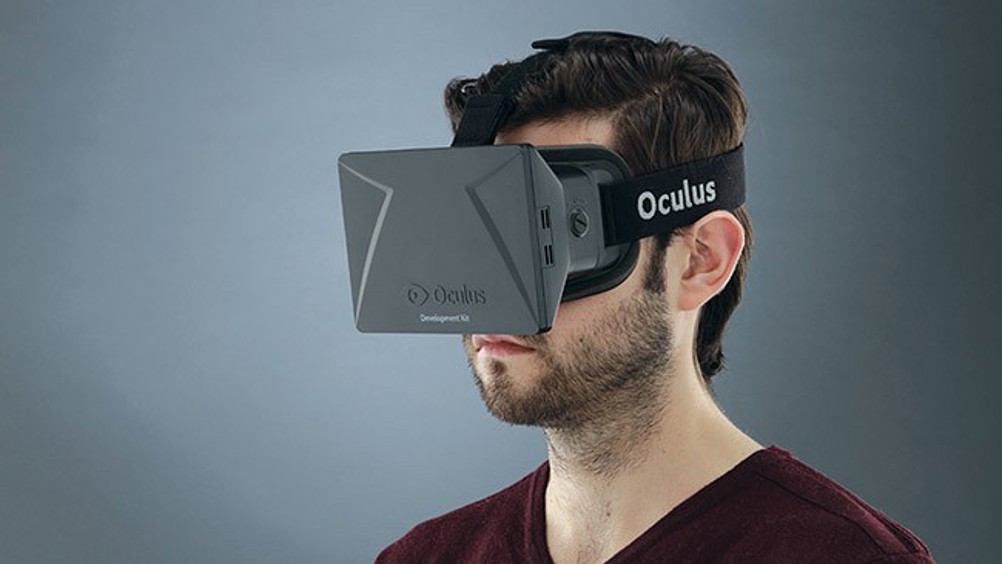Oculus-rift based technology could address shortcomings in surgical training.
A UK developed virtual reality (VR) system for training surgeons offers considerable advantages over existing approaches its inventor has claimed.

Developed by Huddersfield University PhD researcher Yeshwanth Pulijala, the technology – which has been designed primarily to help train maxillofacial surgeons – combines a specially developed app with the Oculus Rift VR headset, in order to give trainee surgeons close-up unrestricted, 360-degree views of a surgical procedure.
The project aims to provide accurate graphical visualisations of human anatomy and surgical procedures via state-of-the-art headsets.
Pulijala explained that whilst learning through observation is essential for trainee surgeons, it is often difficult for trainees to see exactly what is going on, and the technology was developed in response to this challenge.
“Trainees learn by observing procedures in real time,” he said. “But the problem is that not everybody can see what is happening. This is especially the case in crowded operating rooms where surgical trainees perform multiple duties. Also in surgeries confined to oral and maxillofacial zone, as the structures are complex and densely enclosed in a confined space, it is very hard to observe and learn.”
Register now to continue reading
Thanks for visiting The Engineer. You’ve now reached your monthly limit of news stories. Register for free to unlock unlimited access to all of our news coverage, as well as premium content including opinion, in-depth features and special reports.
Benefits of registering
-
In-depth insights and coverage of key emerging trends
-
Unrestricted access to special reports throughout the year
-
Daily technology news delivered straight to your inbox











Water Sector Talent Exodus Could Cripple The Sector
Maybe if things are essential for the running of a country and we want to pay a fair price we should be running these utilities on a not for profit...